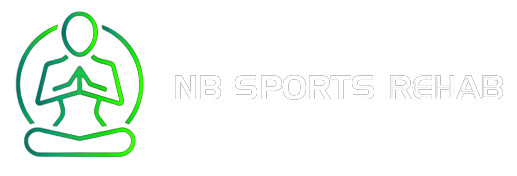Common causes of back pain
Reason 1: Your legs aren’t doing enough!
Some people often snap their knees back when completing a lift, walking or even using the stairs. This can result in more load and effort being carried out by the back as the full muscles of the leg are in a disadvantaged position to work. Muscles generally have an optimal length/tension relationship they work more efficiently in.
Reason 2: Your hips don’t have much movement variation
You may be stuck in anterior pelvic tilt or a sway back posture which may limit the amount of rotation available at the hips depending which one you are in. Examples such as tight posterior hip muscles, hamstrings being pulled on tension... This leads to compensatory movements and can make squat and hinge patterns feel awkward.
Reason 3: You’re an active potato
Training for 60 minutes every other day isn’t going to combat being sat at a desk for 8 hours then sat at home for another 4 hours watching TV. Being stuck in this flexed position will cause some muscle groups to become shortened and others to be in a constant lengthened state again limiting the movement options you have available and placing stress on some muscles throughout the day whereas others will be the opposite end of the spectrum receiving next to no activation.
Reason 4: Compression around your lower back and rib cage
Shoulders and hips feeling tight but done all of the mobility work in the world? Can’t lift your legs or hips further than 90 degrees? Feeling a pinch at the end of range? Struggling to fully exhale? These can all be signs of compression around the top, bottom front and/or back of the rib cage limiting your movement, altering movement patterns and causing some muscles to work harder and others in a more challenging position to help share the load.
Reason 5: Too many life stressors…
Work deadlines, colleagues that annoy you by breathing, hectic family household, financial issues, traumatic experiences, setbacks, poor sleep, nutrition and hydration….These all contribute to how your mind perceives levels of pain and threats to your body. The more heightened your stress levels are the more likely you are to feel those aches and pains in your back whether that’s due to tense posture, increased cortisol or not getting enough H2O and nutrients to fuel your body and allow full recovery.
This is not an exhaustive list but you can use these points to reflect on what is going on in your own life or any light bulb moments while reading these statements that may relate to what you have noticed during training or your work day.
More on what you can do to resolve these issues in the next blog!
Feel free to get in touch with any questions or book in if you require an in depth assessment to help with your back worries.
